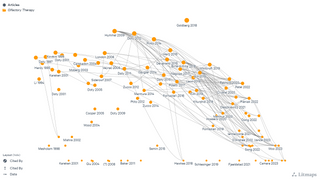Welcome to the Research Hub
Welcome to the CogniScent Research Hub. Here, you'll find an index of our research categories, each linking to detailed studies and insights on how olfactory training and cognitive scenting can benefit mental health and cognitive function.
Our Commitment to Science
Science is ever-evolving, and at CogniScent, we are committed to following the latest research to provide you
with the most effective products. Based on current findings, we have created what we believe are the optimal scenting solutions to support cognitive health and mental wellness.
We understand that not everyone may be able to afford the best scenting products available. However, we encourage everyone to read, share, and benefit from the research presented here. By staying informed, we can all contribute to advancing the understanding and application of olfactory therapy.
Olfactory Discrimination Predicts Cognitive Decline Among Community-Dwelling Older Adults
A group of 308 people aged 46-86 years was tested on their ability to smell and then retested three years later. The study showed that for every unit of improvement in smell discrimination, there was a 13.1% decrease in the likelihood of experiencing cognitive decline.
Longitudinal Associations of Olfaction with Changes in Brain Volumes and Neuropsychological Function
Study Overview: Researchers examined how the ability to identify odors (olfaction) relates to changes in brain volume and cognitive function over time in older adults, using data from the Baltimore Longitudinal Study of Aging.
Key Findings:
Participants:
567 individuals with MRI data and 754 individuals with neuropsychological
assessments, all aged 50 and older.
Odor Identification Scores:
Higher scores were linked to slower brain atrophy in key brain regions:
Cognitive Decline:
Higher odor scores were associated with slower decline in:
Memory, Attention, Processing Speed, and Manual Dexterity, and Attention
Significance: Higher odor identification scores were significantly associated with reduced brain atrophy and slower cognitive decline, indicating that olfactory testing could be useful for predicting and monitoring cognitive
health in older adults.
TheRole of Olfaction in Executive Functioning
Study Overview: The study explored how olfaction affects executive functions, distinguishing between primary and cognitive aspects. Sixty-two female participants (31 with normal smell and 31 with reduced smell) aged 18-60 were assessed.
Key Findings:
Executive Tasks:
Included hot executive functions (Iowa Gambling Task-IGT) and cold executive functions (Stroop Colour and Word Test-SCWT, Wisconsin Card Sorting Test-WCST).
Results:
Participants with reduced smell performed worse in decision making (IGT) and cognitive flexibility (WCST). Odor identification was positively associated with cognitive inhibition (SCWT).
Conclusion: The study suggests that olfaction and executive functions share a common neural substrate in the prefrontal and orbitofrontal cortex, indicating olfaction as a potential cognitive marker for psychiatric and neurological disorders.
The Science of Cognitive Scenting
Scientists from all over the world are discovering something very exciting
The systematized smelling of diverse odors to create a vanguard for our minds, and possibly reverse cognitive decline!

